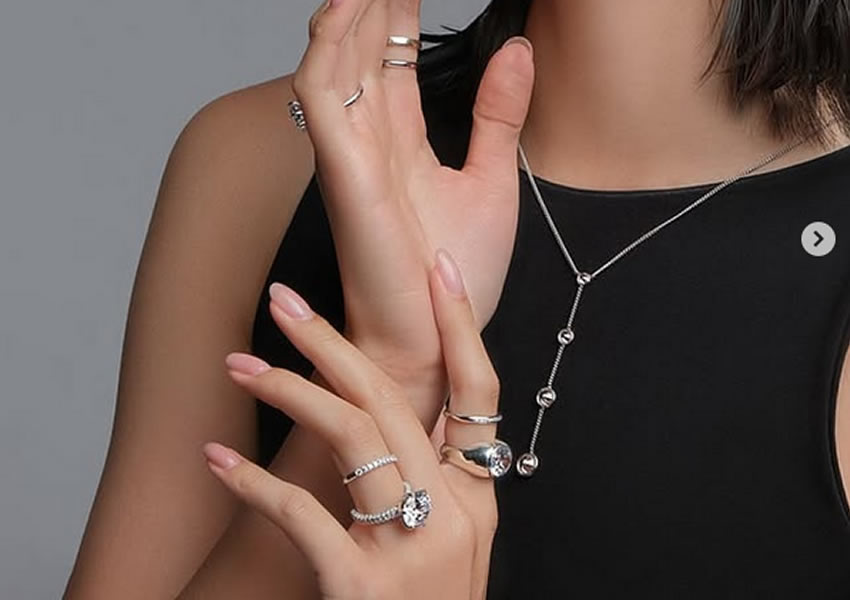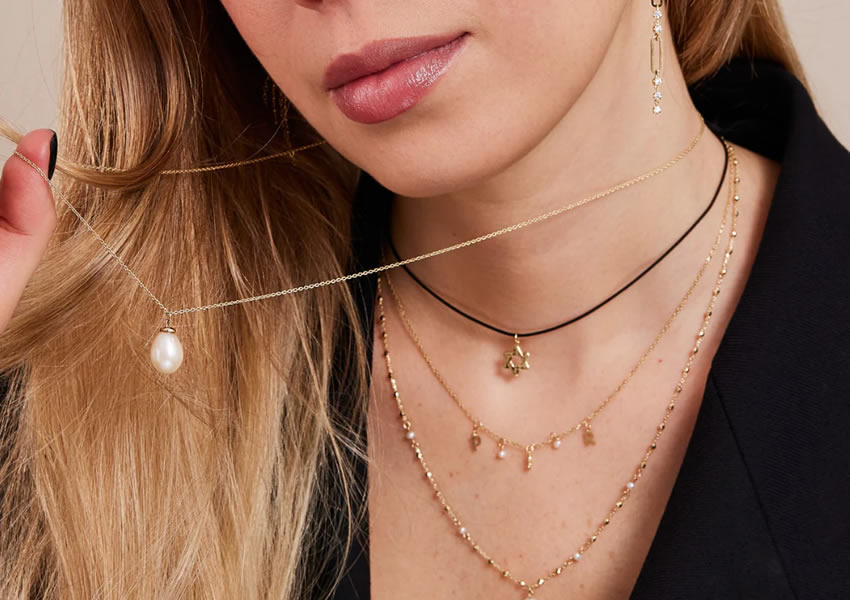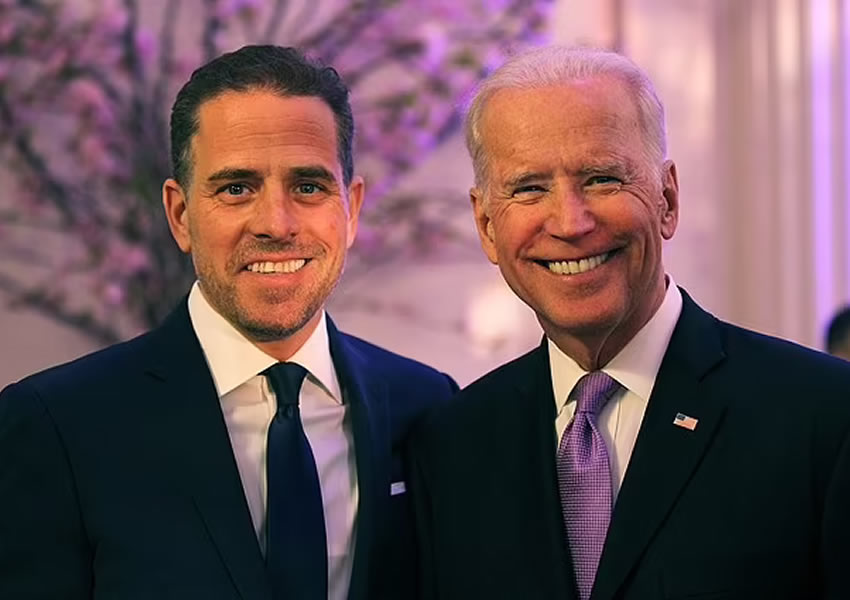Since the legalization of industrial hemp by the Agriculture Improvement Act of 2018, otherwise known as the farm bill, cannabidiol (CBD) products of all kinds have flooded the market.
Touted for health benefits like pain management, anxiety relief, fighting insomnia, anti-seizure, cancer management, and so much more, CBD is often praised as a ‘miracle cure’ of our age.
The benefits aside, CBD has also had its fair share of ethical concerns. As you may already know, CBD is derived from hemp. Both hemp and marijuana belong in the same plant family, Cannabis Sativa.
However, hemp has significantly lower THC, the psychoactive component that gives marijuana its ‘high’ effect. So, CBD definitely gives you the wellness benefits of marijuana, minus the highness, which is what makes marijuana so controversial.
But there are still concerns about CBD mainly because, while legal, there are still no federal regulations or guidelines for those dealing in CBD products. The FDA still awaits scientific backing to make an informed policy for the industry. That has left consumers to buy CBD products in a relatively unregulated sector.
If you need to find “Mellowphant”, you can visit this site – mellowphant.com
For someone dealing with CBD products, you should follow ethical business practices to survive in the market and actually offer value. The most important practices include:
1. Steering Clear Untested Medical Claims
CBD has a lot of medical and health facts and rumors going around making it hard to tell what’s right from what’s not.
As a business selling CBD, it is better to hold off on claims for now. That is until the FDA approves them as factual. Making claims that have not been approved or you have not tested yourself to get better brand recognition is deceptive marketing.
Of course, it is okay to highlight the potential benefits of consumers using your product. But do not present medical claims as facts to get an edge over your competitors.
2. Get Independent Tests for Your Product
While this step is not legally required, you should consider submitting your CBD products for independent testing by a third party that has nothing to gain in your business. Testing helps you ensure that you are selling safe products to consumers. It also guarantees that what you have printed on the label is correct.
So, you can make more founded claims for the products, which, in turn, ensures that you are complying with the various laws governing the advertising and sale of any product.
3. Prioritize Quality Control
The goal of any ethical CBD seller is to provide the best quality product. That means implementing quality control measures right from production to testing, and finally packaging.
With the lack of regulation in the industry, you should take extra caution when picking your CBD manufacturer. Picking a good manufacturer can ensure your business survives even after regulations, which are in the pipeline, are enforced.
Try and factor in things like certifications, ethical sourcing, good production practices, and product testing.
Explore Mellowphant for CBD Products You Can Trust
The CBD market is rife with product offerings. But the integrity of a CBD seller matters just as much as the benefits the product promises you.
So, if you want to buy products from a company that follows ethical and fair business practices, Mellowphant is that and much more. Explore a diverse offering to find something that suits your needs.





